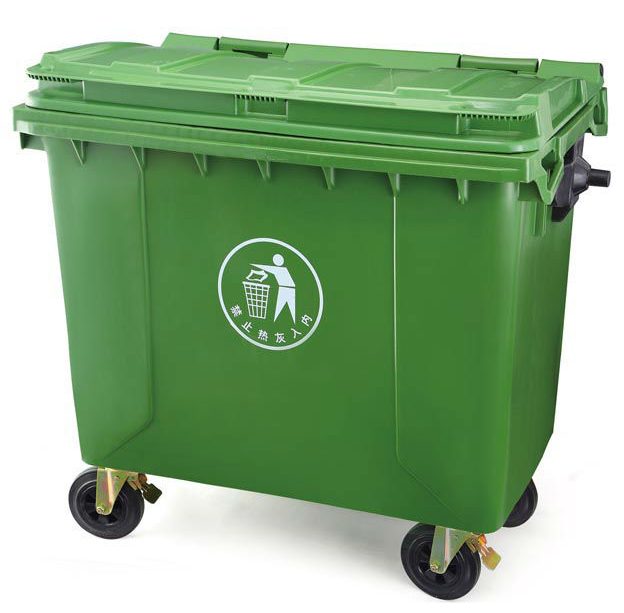How to Make the Most of a Skip Bin Hire Service

When embarking on a home renovation, garden cleanup, or a commercial project, the accumulation of waste is inevitable. Enter skip bin hire services—a practical solution that simplifies waste disposal. However, to truly maximize the benefits of this service, it’s essential to understand the nuances and best practices involved. Here’s a comprehensive guide on how to make the most of your skip bin hire service, especially focusing on rubbish bin hire in North Shore Auckland.
1. Assess Your Needs
Before diving into hiring a skip bin, take stock of your project’s scope. Determine the type and volume of waste you’ll generate. Categorize waste materials like general household, green waste, construction debris, or hazardous substances. This assessment helps in selecting the right-sized skip bin and ensures efficient waste disposal.
2. Choose the Correct Size
Opting for the appropriate skip bin size is crucial. A bin too small might require frequent pickups, causing delays and extra costs. Conversely, a too-large bin could be a waste of resources. Discuss your project specifics with the skip hire company to ascertain the ideal size for your needs.
3. Understand Permissible Waste Types
Different skip bin providers have varying regulations on what can be disposed of in their bins. Ensure you understand the allowed waste types and any restrictions beforehand to avoid complications later. Hazardous materials like asbestos, chemicals, batteries, and certain electronics often have separate disposal requirements.
4. Plan for Proper Placement
Decide on the optimal placement of the skip bin. Consider accessibility for waste disposal and ensure it won’t obstruct traffic or pose safety hazards. A level and stable surface is ideal for placement to prevent accidents or damage to the property.
5. Load the Bin Efficiently
Maximize space utilization within the skip bin by loading it efficiently. Break down larger items when possible and place flat items at the bottom. Distribute weight evenly to maintain balance and prevent spillage during transportation.
6. Comply with Regulations
Adhere to local regulations regarding skip bin placement and waste disposal. Obtain necessary permits if required and ensure compliance with environmental guidelines. Violating regulations can lead to fines or penalties, so it’s crucial to stay informed.
7. Recycle and Reuse
Consider recycling or reusing materials wherever possible. Segregate recyclable items from general waste to reduce environmental impact. Many skip bin hire services facilitate recycling of materials like metal, wood, and green waste, contributing to sustainability efforts.
8. Optimize Timing
Coordinate the skip bin delivery and pickup timings effectively. Schedule delivery before the project starts to avoid delays and ensure it’s removed promptly once filled. Planning ensures efficient waste management and prevents unnecessary clutter on-site.
9. Communicate with the Provider
Maintain open communication with the skip bin provider throughout the process. Discuss any changes in requirements or pickup schedules promptly. Clear communication fosters a smoother experience and helps in resolving any issues efficiently.
10. Consider Cost-Effectiveness
Compare prices among different skip bin providers but prioritize quality of service and reliability. Factor in additional costs like permits, overfill fees, or extra days of hire. Sometimes, paying a bit more for a reputable service can save money in the long run.
By following these guidelines, you can optimize your skip bin hire service, ensuring efficient waste management while adhering to regulations. Remember, proactive planning and clear communication with the service provider are key to a successful waste disposal endeavor.







